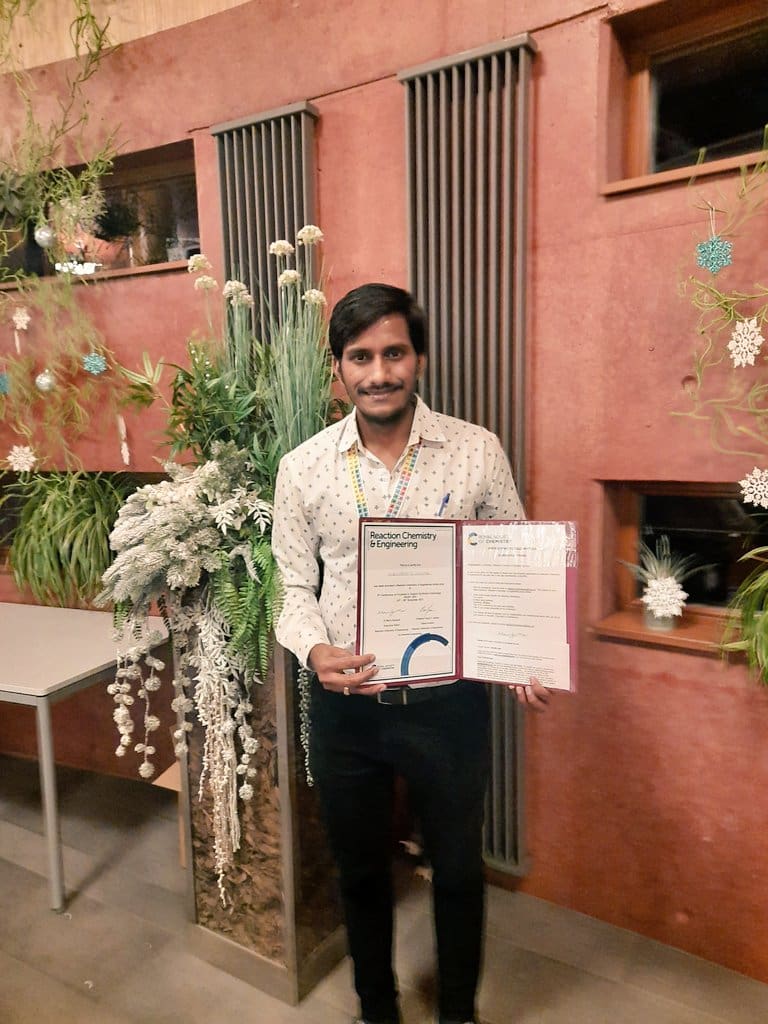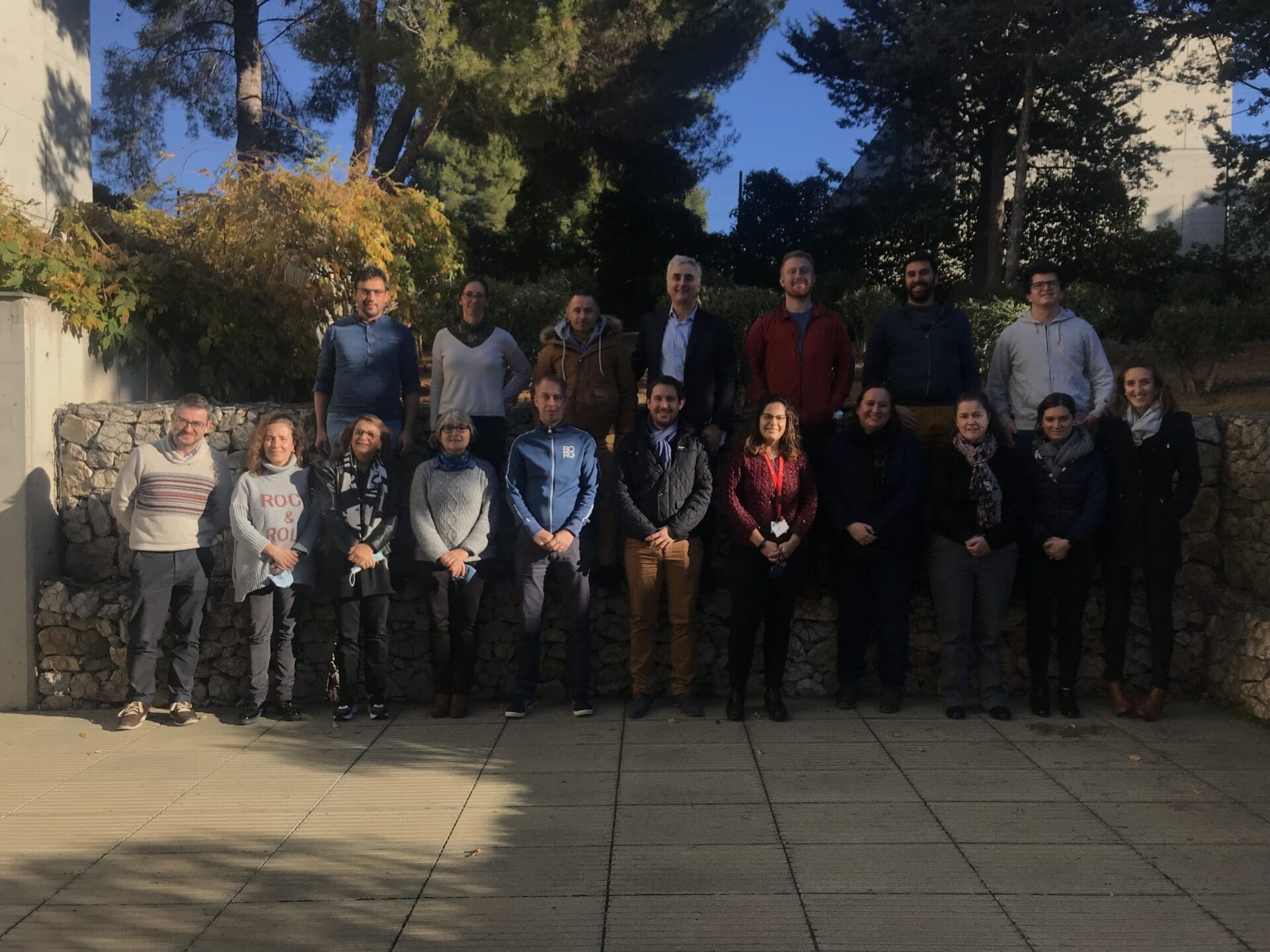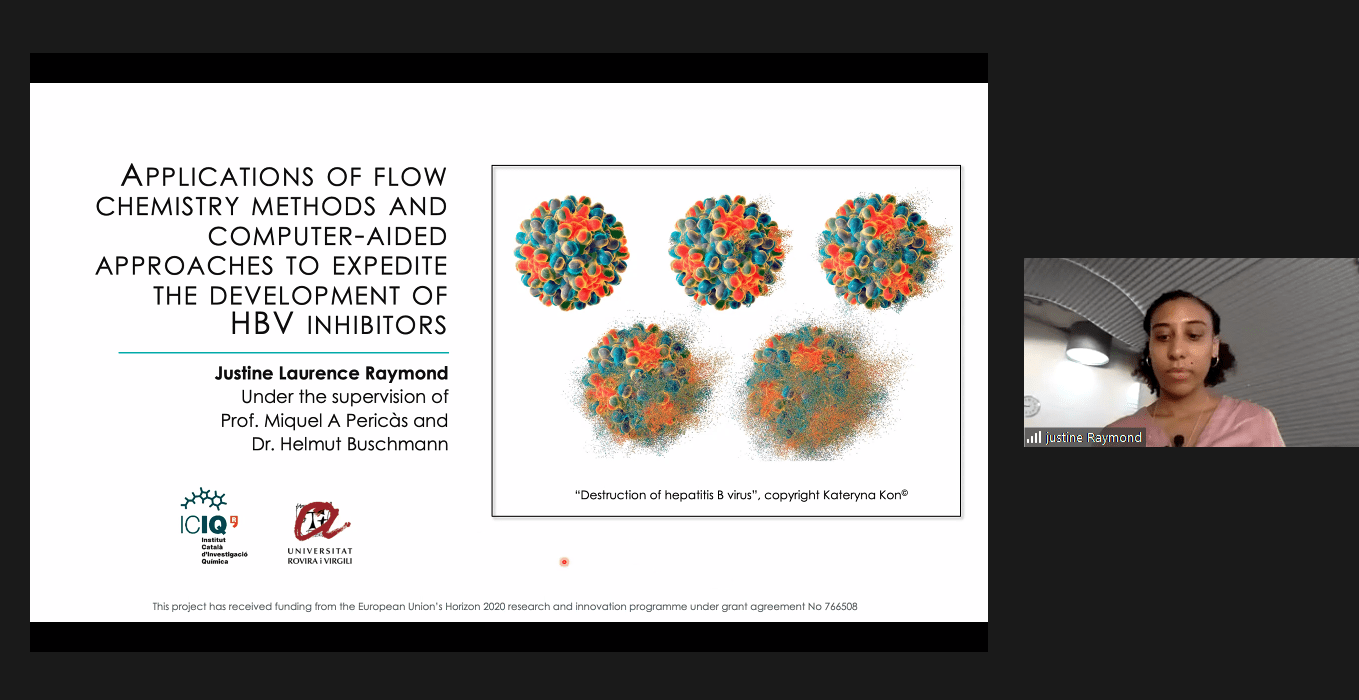Prosthetic molecules open the way to new therapeutic opportunities
The group of Prof. Miquel A. Pericàs has collaborated in a research aimed at the development of new molecules that can be applied as “prosthetic molecules” regulated by light to help to restore vision in cases of retinal degeneration. The research has been led by Prof. Pau Gorostiza from the Institute for Bioengineering of Catalonia (IBEC) and Prof. Amadeu Llebaria, from the institute of Advanced Chemistry of Catalonia (IQAC-CSIC).
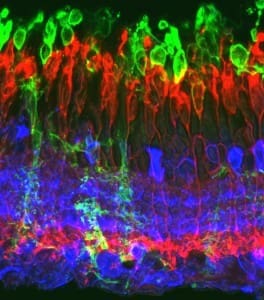
Histological image of the retina of an animal r10 in which a significant alteration of the retina’s photoreceptor is observed. © E. Fernández, Cátedra Bidons Egara, Universidad Miguel Hernández
The work, which has been published in Nature Communications, describes a series of molecules that constitute a new class of light regulated drugs called targeted covalent photoswitches (TCPs). These molecules could photocontrol the activity neurons that endogenously express the kainite receptor-channel GluK1, and restore robust and sustained photoresponses in degenerated retina. The modularity of TCPs enables the application to different ligands and opens the way to new therapeutic opportunities based on small molecules. However, although the preliminary results are very promising, the researchers point out that there is still much work to do before it can be applied to patients.
Optical control of endogenous receptors and cellular excitability using targeted covalent photoswitches
M. Izquierdo-Serra, A. Bautista-BArrufet, A. Trapero, A. Garrido-Charles, A. Díaz-Tahoces, N. Camarero, S. Pittolo, S. Valbuena, A. Pérez-Jiménez, A. García-Moll, C. Rodríguez-Escrich, J. Lerma, P. de la Villa, E. Fernández, M. A. Pericàs, A. Llebaria, P. Gorostiza
Nature Communications, 2016, 7, 12221
Media:
La Vanguardia: Fármacos regulados con luz para recuperar la visión
Related news

Let's create a brighter future
Join our team to work with renowned researchers, tackle groundbreaking
projects and contribute to meaningful scientific advancements
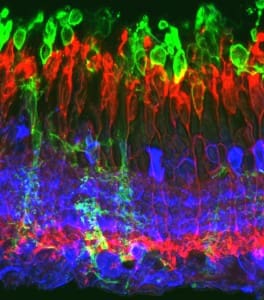





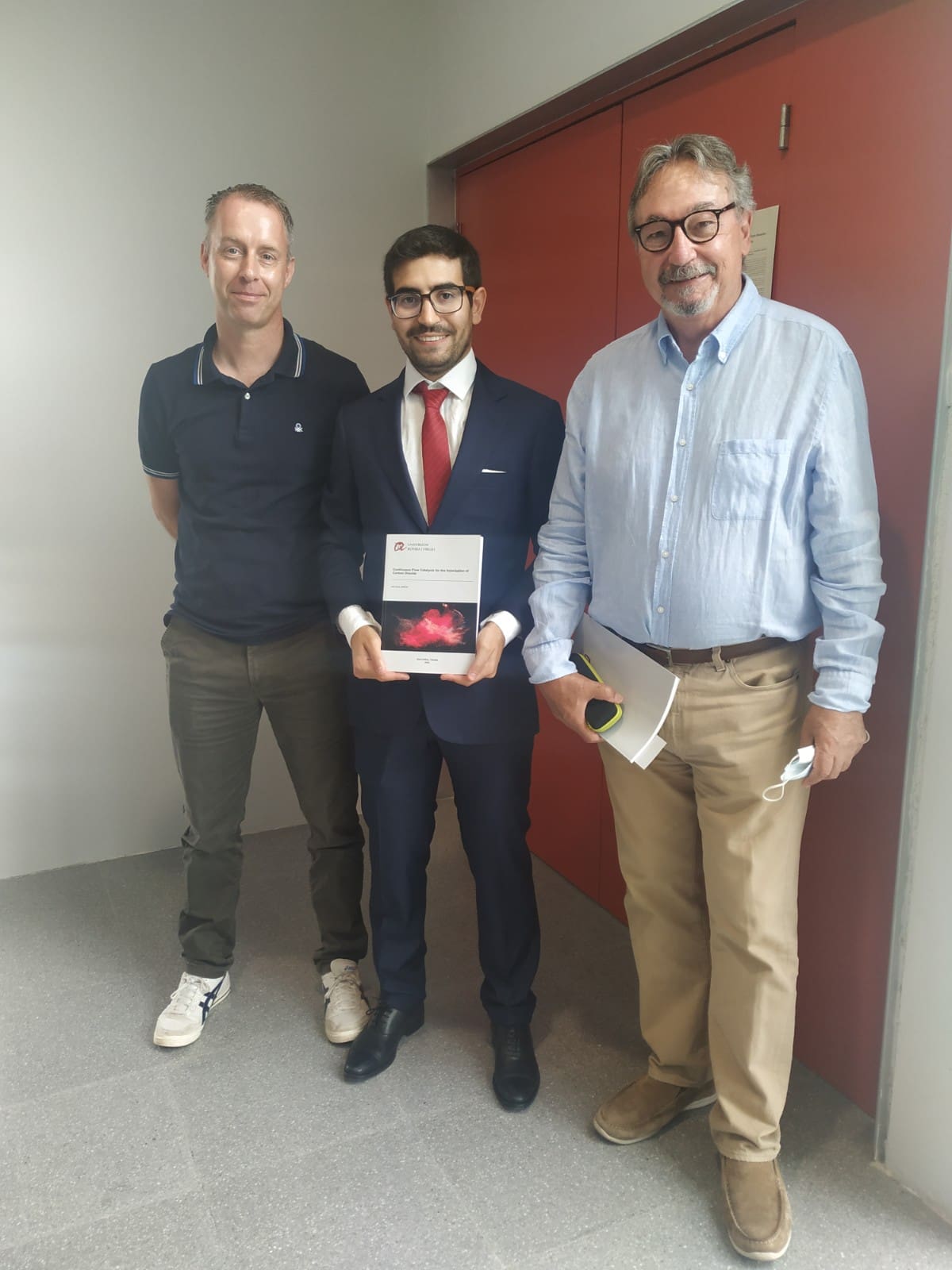
 27-06-2022
27-06-2022 

